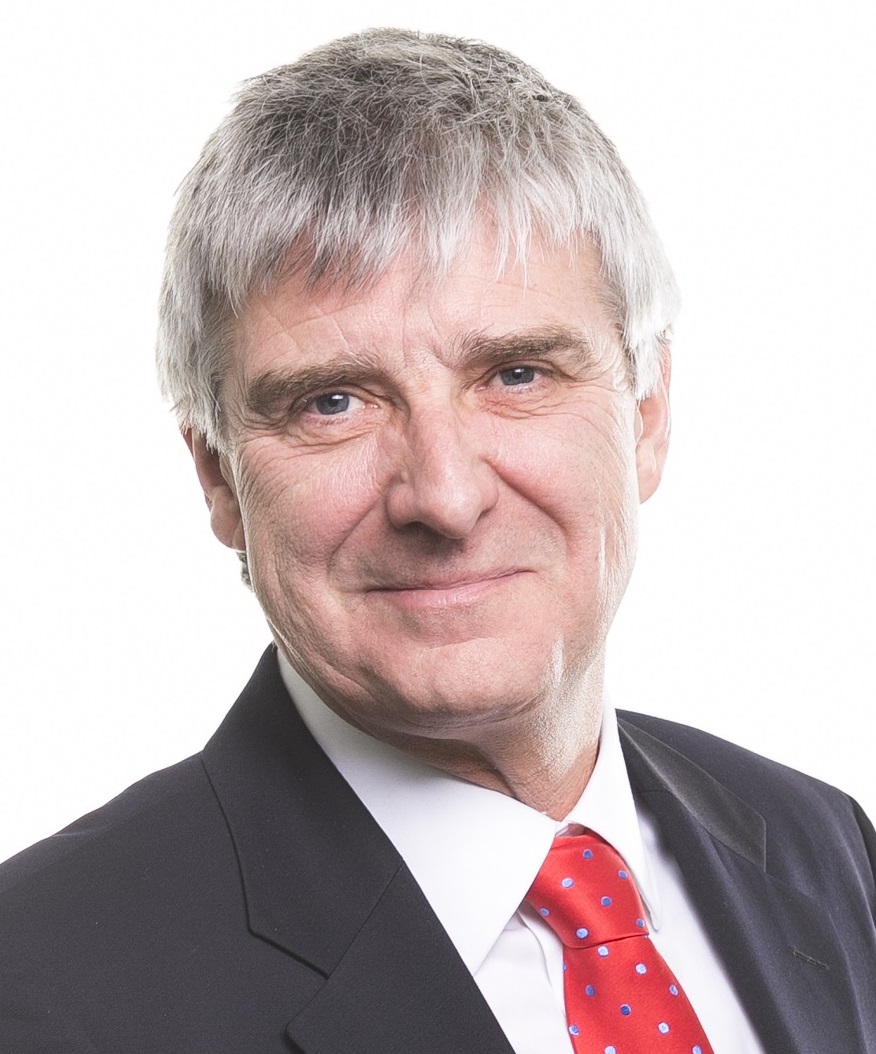NIS International Research-to-Practice Conference
Inspirational Speakers

Keynote Speakers
David Marsh
David Marsh, Director of Innovation and Outreach, EduCluster, Finland
David Marsh PhD has developed strategic and innovative educational practices in Finland over 25 years. Now Director of Innovation and Outreach at EduCluster Finland, University of Jyväskylä Group, he has professional experience in over 40 countries, contributed to over 150 publications, and received 5 degrees from the United Kingdom, Finland and Spain. An extensive track record in the European Union complements work carried out in Africa (Ethiopia, Mozambique, Namibia, South Africa), East Asia (Japan, Korea), Iceland, India, Kazakhstan, Kosovo, Middle East (KSA, UAE, Qatar), Russia, Southeast Asia (Brunei, Hong Kong, Laos, Malaysia, Thailand, Philippines, Vietnam), North America, (Mexico, USA), and South America (Argentina, Colombia, Peru). In the 1990s he co-launched Content and Language Integrated Learning (CLIL) under the auspices of the European Commission. In recent years his work on transforming education has ranged from designing blueprints for new schools, and developing teaching and learning processes alongside analytic and research tasks. Special focuses of interest are on the impact of languages on the mind and brain, building positive school ecosystems, and adjusting educational practices to accommodate the needs of digitally astute young people. His current work-in-progress is The Children of Cyberspace: Towards a New Understanding, due for publication in 2019.
